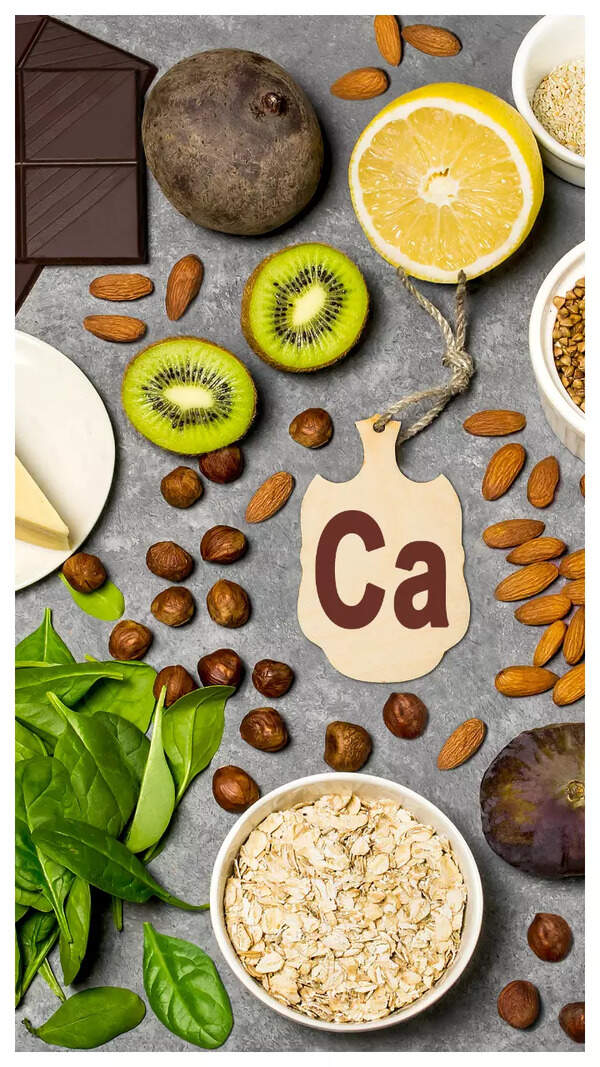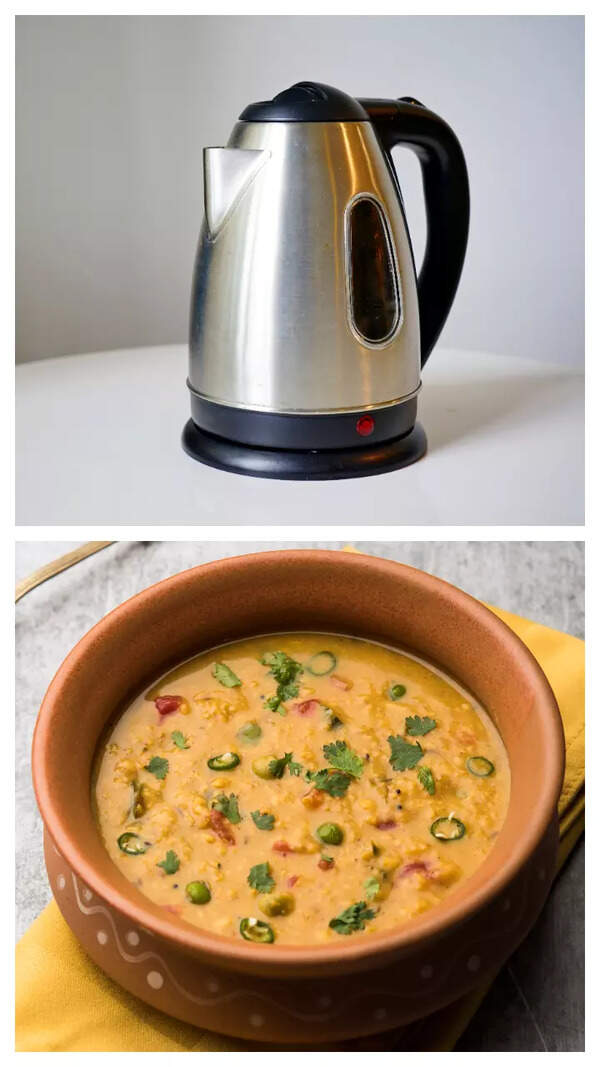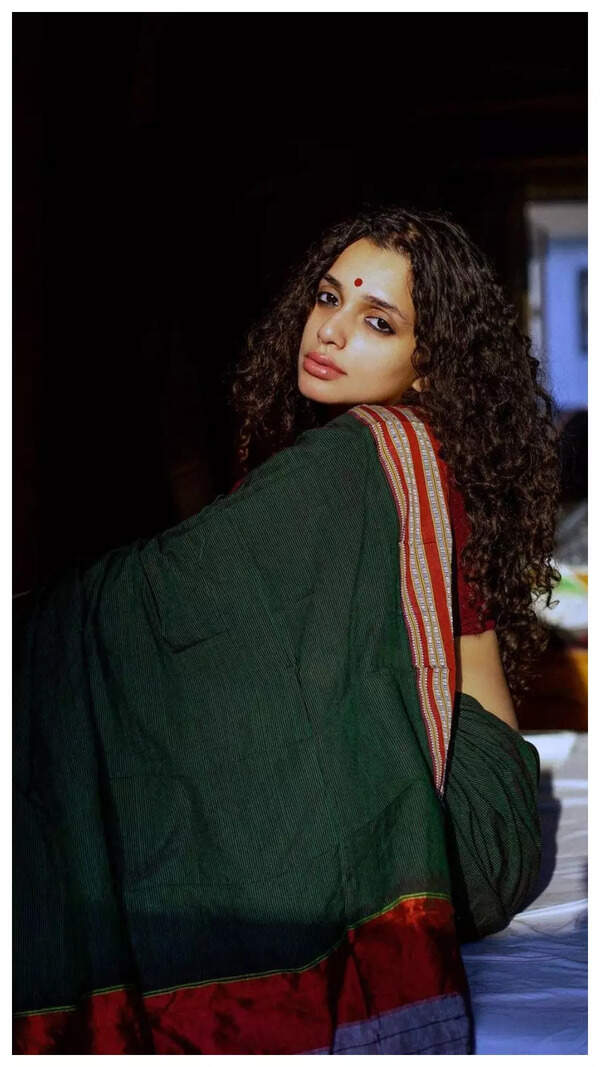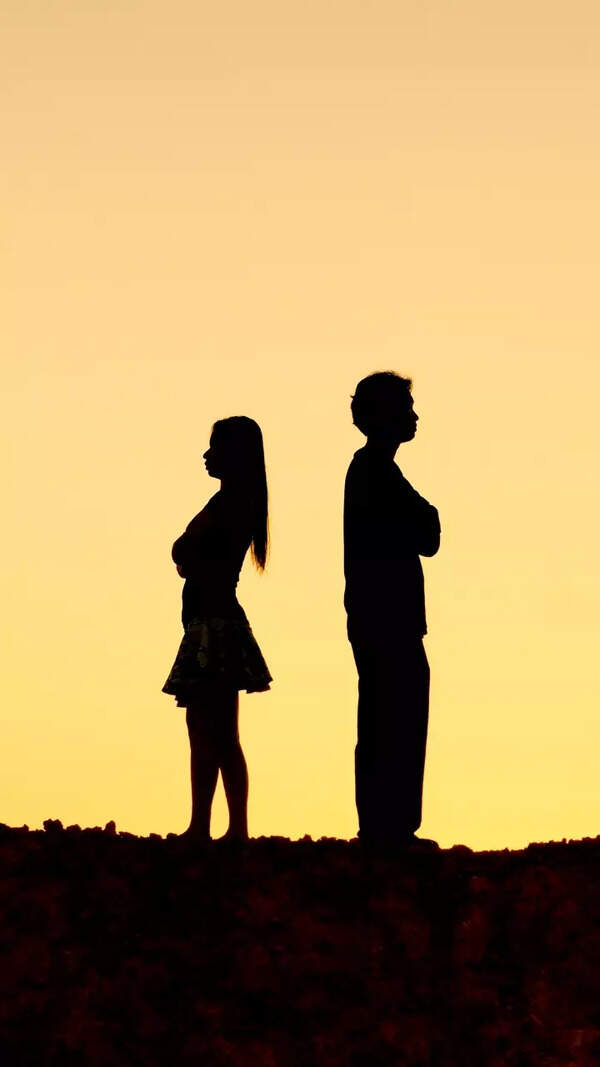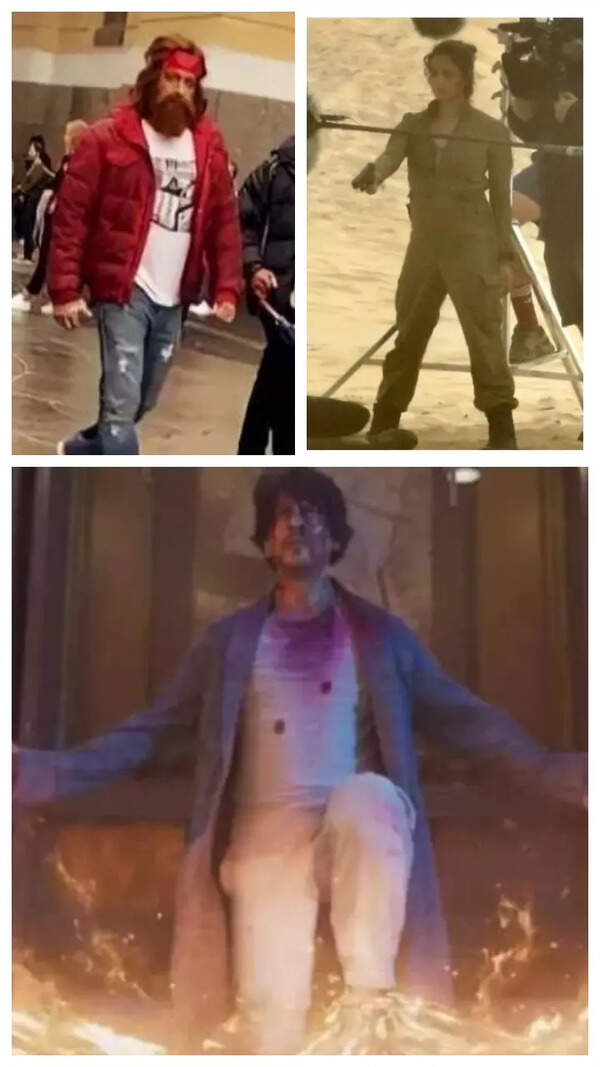Top Searches
- News
- World News
- Rest of World News
- Who is Salman Rushdie, author whose book 'Satanic Verses' made him a target, changed his life?
Who is Salman Rushdie, author whose book 'Satanic Verses' made him a target, changed his life?
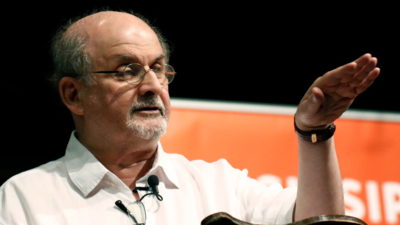
NEW DELHI: Prolific writer and novelist Salman Rushdie, now in hospital after being stabbed during an event in New York, was born in Mumbai in 1947.
He has had several brushes with controversies due to his political and religious beliefs. His novel The Satanic Verses drew the ire of Muslims and was banned in several countries.
Here's all you need to know about Salman Rushdie's life and his literary career:
He has had several brushes with controversies due to his political and religious beliefs. His novel The Satanic Verses drew the ire of Muslims and was banned in several countries.
Here's all you need to know about Salman Rushdie's life and his literary career:
- Born in Mumbai in 1947 to British-American Kashmiri Muslim parents
- He was educated at the Cathedral and John Connon School in Mumbai; Rugby School in Warwickshire, England and King's College, Cambridge, from where he graduated with BA in history
- Rushdie has been married four times: to Clarissa Luard, American novelist Marianne Wiggins, Elizabeth West and Indian-American actress Padma Lakshmi
- In several interviews, Rushdie has proclaimed himself a 'hardline atheist'; He has defended comedic criticism of religions and called religions 'a medieval form of unreason'
- Author of 14 novels, Rushdie received 5 Booker nominations; won Booker Prize for his second novel Midnight's Children (1981)
- His fourth novel The Satanic Verses (1988), inspired in part by the life of the Prophet, drew angry reactions from the Muslim world; India was the first of some 20 countries to ban The Satanic Verses
- In 1989, Iran's supreme leader Ayatollah Khomeini issued a fatwa on Rushdie's life for The Satanic Verses, and put a $2.8 million bounty on his head
- Following the fatwa, for almost 13 years he moved between safe houses under the pseudonym Joseph Anton, changing base 56 times in the first six months
- He was granted police protection in the UK following the fatwa, and has been living in the US since 2000
- He was conferred knighthood for his services to literature in 2007 in the Queen's Birthday Honours
FOLLOW US ON SOCIAL MEDIA
FacebookTwitterInstagramKOO APPYOUTUBE
Start a Conversation
end of article

